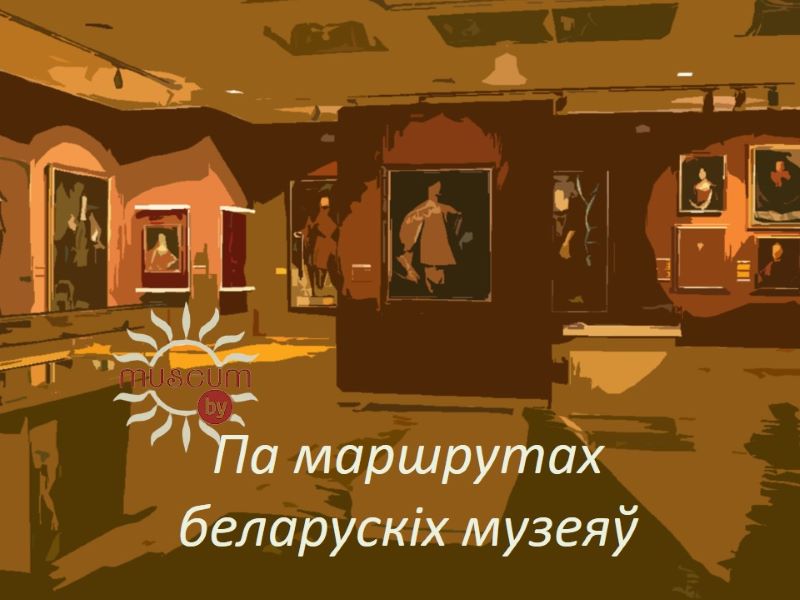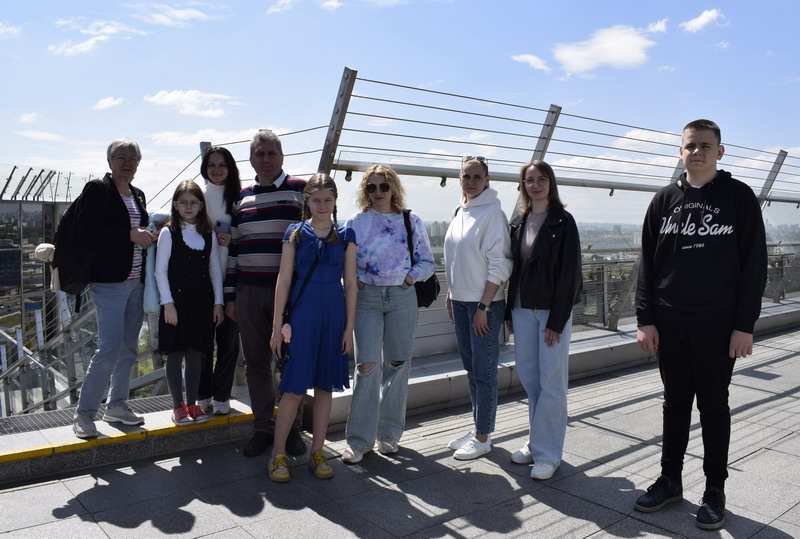From July 12th to August 11th at the Official Documents Department (room 207) runs a subject book exhibition “The European integration: experience and development prospects”.
The integration processes in Europe which, since the 1950s, had been constantly expanding both geographically and thematically became one of the most important post-war phenomena.
The European Coal and Steel Community (ECSC), the European Economic Community (EEC), the European Atomic Energy Community (EURATOM) had originally consisted of six member states: France, Germany, Belgium, Holland, Luxembourg and Italy. Later on the new countries joined these integration associations: the Great Britain, Ireland and Denmark (1973), Greece (1981), Spain and Portugal (1986), Austria, Finland and Sweden (1995). In 2004 Poland, Czechia, Slovakia, Slovenia, Hungary, Estonia, Latvia, Lithuania, Malta and Cyprus joined the European Union, and in 2007 – Bulgaria and Romania.
The European integration had been expanding thematically as well: at first the integration process concerned only separate sections: coal and steel, but gradually it had covered almost all economic areas, and also internal and foreign policy, police authorities and institutions of justice. At present the European Union (EU) is an integrated community with a common economic policy, a common trade policy concerning the third countries, a single currency, a single human rights protection policy, a common foreign and defense policy, and also cooperation in the field of justice and domestic affairs.
At each new stage of integration, in order to consolidate the current structures and to apply new principles of interaction, the whole system of the EU supranational institutions was fixed as a treaty. In the 2000s, the creation of a universal Constitution for Europe, that would replace all previous agreements, began. However, the constitutional process failed. It was decided to reject the Constitution and to replace it with a usual treaty. The Lisbon Treaty, having taken effect in December 2009, makes essential changes to political, economic and legal spheres of the European Union being of great importance for development of the integration process.
The global crisis of the early XXI century has weakened the European integration process but hasn’t stopped it. At present the key problem is the development of a coordinated crisis management strategy, identification of priorities, vectors of development and new concepts.
Relations with the European Union are one of priorities of the foreign policy of the Republic of Belarus. Belarus aspires to effective good-neighbor relations with the EU, in which the serious potential for development of economy and the state as a whole is incorporated. The basic directions of these relations become: market expansion for Belarusian export; investment attraction and application of modern technologies with a view of modernization of economy; maintenance of macroeconomic stability and access to resources of the international credit institutions; freedom of movement for assistance to economic and humanitarian communications, and also integration of Belarus into the developing Pan-European educational and cultural space.
The exposition presents more than 100 publications in the Russian, English, French and German languages – documents of international organizations, monographs, scientific papers by Belarusian and foreign researchers, and manuals.
The exposition includes the subject sections as follow:
- The history and theory of the European integration;
- The European Union Law;
- The Lisbon Treaty: the new stage of the European integration;
- The world financial and economic crisis and the European integration;
- The European Union expansion and Belarus.
The exhibition is designed for research workers, professors, post-graduates, students, and everyone who is interested in the issues of the European integration and international relations.
Useful links:
- The European Union
- The European Union Regulations
- The European Union history
- EUR-Lex: the European Union law
- The Lisbon Treaty (bibliography)
- The financial crisis in eurozone (bibliography)
- The Republic of Belarus and the European Union (information of the Ministry of Foreign Affairs of the Republic of Belarus)
- The European Commission Office in Belarus
- The Eastern Partnership (bibliography)
 |
 |
 |










